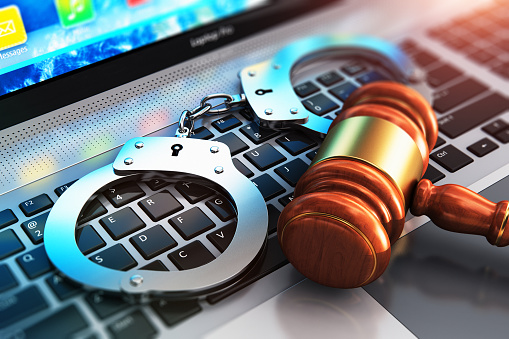Pakistan’s Cyber Crime Law of 2015: A Comprehensive Guide
Introduction
In today’s digitally-driven world, cybercrime has become a pressing concern for nations worldwide. In response to the growing threats in the cyber landscape, Pakistan enacted its Cyber Crime Law in 2015. This landmark legislation aimed to address the challenges posed by cybercriminals while safeguarding the rights and privacy of its citizens. In this blog post, we will delve into the nuances of Pakistan’s Cyber Crime Law of 2015, exploring its key provisions and the implications it holds for individuals and businesses alike.
What is Pakistan’s Cyber Crime Law?
The Pakistan Cyber Crime Law, officially known as the Prevention of Electronic Crimes Act (PECA) 2016, was enacted on August 11, 2016. This law was a significant step taken by the government to counter cyber threats, such as hacking, identity theft, cyberstalking, online harassment, and electronic fraud. It aimed to promote a safe and secure digital environment for all citizens and encourage the responsible use of technology.
Key Provisions of the Cyber Crime Law
A. Offenses and Penalties: The Cyber Crime Law identifies various offenses related to the misuse of electronic information and data. Some notable offenses include unauthorized access to information systems, data interference, and electronic forgery. The penalties for these offenses range from fines to imprisonment, depending on the severity of the crime committed.
B. Cyber Terrorism: To combat the growing menace of cyber terrorism,
the law addresses acts that may be linked to promoting religious, ethnic, or political hatred through digital means. Perpetrators of cyber terrorism face severe punishments under the law.
C. Data Protection and Privacy: The Cyber Crime Law emphasizes the protection of sensitive personal data and the right to privacy. It imposes restrictions on the unauthorized collection, use, and dissemination of personal information and data.
D. Electronic Forgery and Fraud: With the rise of digital transactions, electronic forgery and fraud became more prevalent. The law addresses these issues, ensuring that those involved in phishing, spoofing, or other forms of electronic fraud are held accountable.
E. Cyberstalking and Harassment: Recognizing the dangers of cyberstalking and online harassment, the law offers protection to victims and penalizes the perpetrators of such acts.
Implications for Individuals and Businesses
A. Enhanced Cybersecurity Measures: The Cyber Crime Law compels individuals and businesses to bolster their cybersecurity measures to protect their sensitive data and networks. This includes implementing robust firewalls, encryption protocols, and regularly updating security software.
B. Compliance and Awareness: Individuals and businesses must be aware of the law’s provisions to ensure compliance. Regular training and workshops on cyber hygiene can help employees stay informed and alert against potential cyber threats.
C. Reporting Cyber Incidents: The law encourages individuals and organizations to report cyber incidents promptly. Reporting such incidents can aid law enforcement agencies in investigating and prosecuting cybercriminals effectively.
D. E-commerce and Digital Transactions: The law
cyber crime law in Pakistan
reinforces the importance of secure e-commerce practices and digital transactions, fostering trust among consumers and businesses.
Conclusion
Pakistan’s Cyber Crime Law of 2015 is a crucial piece of legislation designed to combat the ever-evolving challenges of the digital age. By understanding its provisions and implications, individuals and businesses can take proactive steps to protect themselves against cyber threats while contributing to a safer and more secure cyber landscape. As technology continues to advance, ongoing awareness and compliance with the law will be vital to stay one step ahead of cybercriminals and safeguard the digital future of Pakistan.

